Jafar Panahi’s Un Simple Accident Palme characterises a Cannes line-up that will be better known for its political potential than its aesthetic content.
What Remains from Cannes 2025?
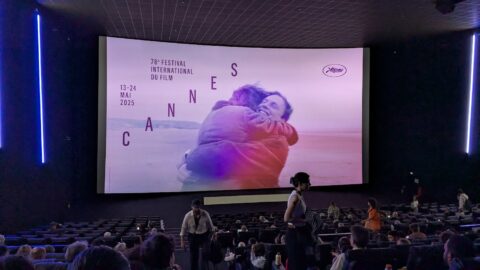
Exploring the Outer Edge of Film
The biggest film festival in the world, you can’t talk about film without talking about Cannes.

Jafar Panahi’s Un Simple Accident Palme characterises a Cannes line-up that will be better known for its political potential than its aesthetic content.
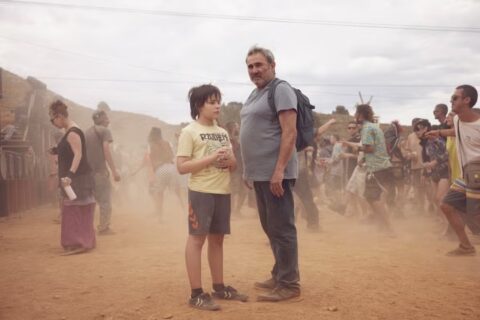
From the overhyped Eddington to German sensation Sound of Falling to the techno-infused Sirât, here is week one of the Cannes 2025 competition.
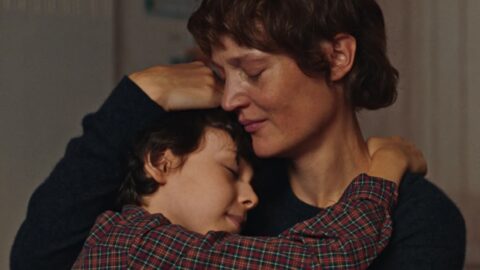
The way institutions discriminate against queer parents is expertly depicted in Love Me Tender, with a standout performance from Vicky Krieps.

Despite the powerful idea at its core, the fundamental premise of Dandelion’s Odyssey makes it extremely hard to identify with its characters.
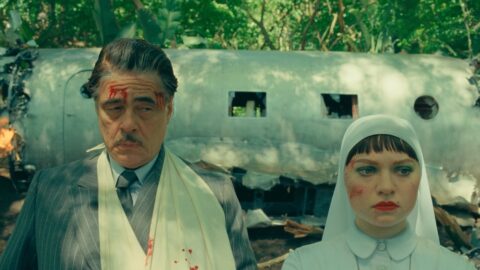
The Phoenician Scheme is a spy caper that feels like a glorified cameo-fest, and is the first Wes Anderson film that feels completely inessential.
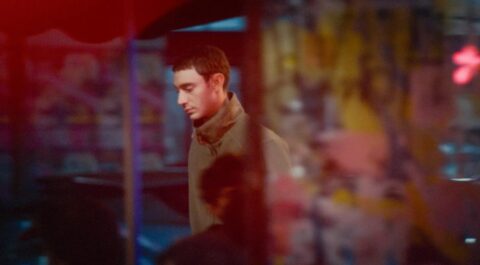
A messy weekend following a life-changing diagnosis characterises Pauline Loquès’ Nino, a touching drama about trying to pull yourself together.
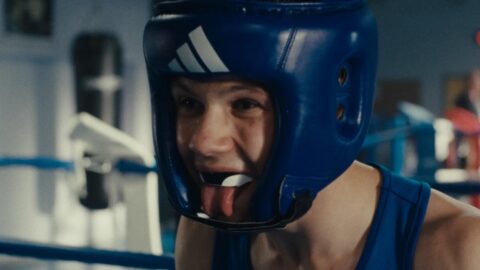
Valery Carnoy’s boxing drama Wild Foxes boasts a standout performance from Samuel Kircher as a teenage boy navigating the mindfields of masculinity.
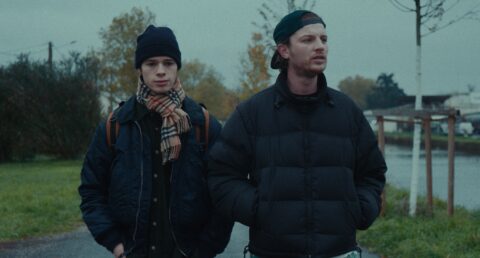
A friendship without familiarity characterises the deeply annoying Meteors, inexplicably playing in Un Certain Regard at the Cannes Film Festival.
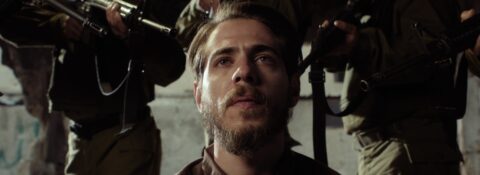
Un Certain Regard entry Once Upon a Time in Gaza is a topical film, yet unfortunately, it doesn’t feel like its helping anything.
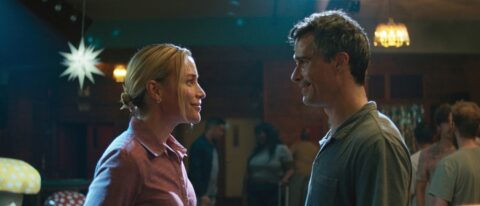
A depressed kennel owner falls in love with a phone technician in Quebecois comedy Peak Everything, the rare fest film with crossover appeal.